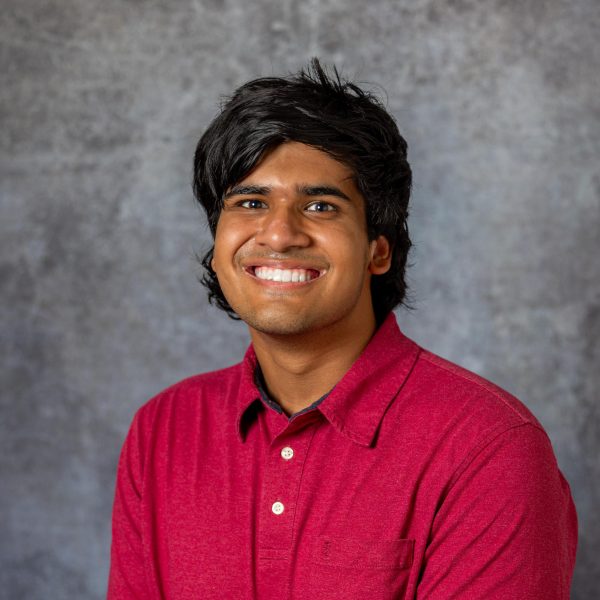Morgridge Institute for Research CEO, Brad Schwartz, hosted two University of Wisconsin professors for the MIR’s Fearless Science Speaker Series Oct. 21, 2024. Professor of Law and Bioethics, Pilar Ossorio, and Life Sciences Communication professor Dietram Scheufele discussed public skepticism towards science in the forum focused on questions from the audience both in person and online.
Schwartz opened the forum by introducing the speakers, himself and the goal of the FSSS. After short introductions from Ossorio and Scheufele, the panelists answered questions asked by participants before the panel started.
Ossorio opened by talking about the role of scientists combatting misinformation.
“[Scientists] are not experts in every scientific claim that may become controversial,” Ossorio said. “If it’s your own science, where there is public misinformation, you obviously have stronger responsibilities there.”
Scheufele fielded a question on the policy and communication strategy from the U.S. government during the COVID-19 pandemic.
“By claiming to be too certain about something that was an emerging body of knowledge [about COVID-19], we lost long term trust, especially in groups that didn’t like our policy choice informed by that science,” Scheufele said.
Schwartz spoke briefly on his belief that scientists should not be the ones writing policy.
The floor was then opened up for in-person questions. A person attending the event challenged Schwartz’s assertion that scientists shouldn’t make policy.
“You say that scientists shouldn’t be involved in policy writing, so to me that argument lends credence to what the Supreme Court just decided, that entrenched Supreme Court justices should be making the decisions of experts and bureaucrats at the federal level,” the person said. “I can’t abide by what you just said.”
Schwartz said he did not mean scientists had no role in policy formation and rephrased his statement.
“Scientists have a definite role in the process that leads to policy formation,” Schwartz said. “We should play that role, and unless we’re in an elected position, and that position is supposed to make a final decision.”
Scheufele closed by reiterating his position that scientists should be more open to communicate the ambiguity in science to the public and pushing scientists to communicate with other fields of science. Scheufele said that getting scientists and the public at large out of their respective communication bubbles was key.
“Franz Kafka said that we should only read books that itch and bite us, that take an ice pick to our heart,” Scheufele said.




